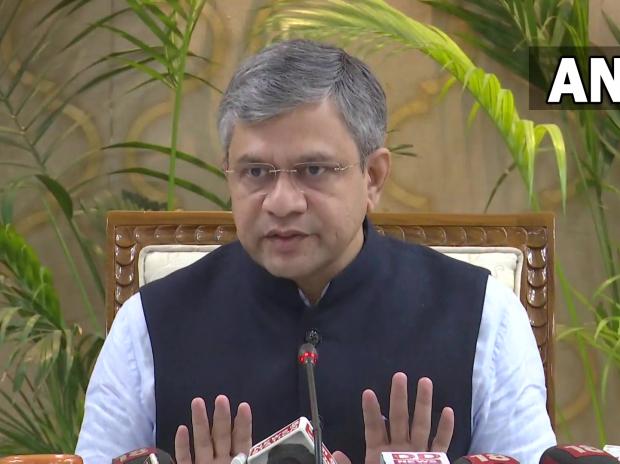The banks reached out to the Reserve Bank of India (RBI) to seek clarity on legal and regulatory grey areas around proposed rupee Vostro accounts before operationalising them to settle international trade, including that with Russia, the Economic Times reported.
What are Vostro accounts?
A Vostro account is an account that is used in correspondent banking. Here, a foreign bank acts as an agent to provide financial services on behalf of a domestic bank. The account enables domestic banks to provide international banking services to their clients with global needs.
This account keeps a foreign entity’s holdings in the Indian bank, in Indian rupees. So, when an Indian importer wants to make a payment to a foreign trader in rupees, the amount is credited to Vostro account.
Also Read: State Bank of India ready to open rupee trade account with Russian banks
Why in news?
India has stepped up its purchase of cheaper Russian crude despite international opposition and sanctions. New Delhi is looking to settle this trade in rupees to continue with its purchases.
According to a recently announced arrangement by the RBI, an authorised bank in India can open special rupee Vostro accounts of correspondent banks of any partner trading country.
In the current scenario, both private and public sector banks are reluctant to open these Vostro accounts because they re worried about getting hit by the US sanctions on Russia.
Why are banks sceptical and reluctant to open these accounts?
-
Since the Russian invasion of Ukraine, many Russian banks were banned from SWIFT, the global system used for transferring money across borders. Russian banks suggested that Indian banks consider joining the Russian SPFS system, the Russian alternative to SWIFT. However, Indian banks have been reluctant fearing US sanctions. -
Banks are concerned about how the accumulated rupee amounts in these accounts will be repatriated without attracting penalties, in case the banks are from countries with international sanctions such as Russia. Currently, most Indian banks have substantial foreign currency-denominated portfolios and cannot afford any sanctions. -
According to rules, any surplus in these rupee Vostro accounts can be invested in treasury bills and government securities. However, ambiguity remains on how the funds will be repatriated. Banks are seeking clarity on how treasury bills and government securities will be transferred to the buyers. -
Banks are also concerned about invoicing in rupees and the exchange rate for the conversion of volatile currencies
 Dear Reader,
Dear Reader,
Business Standard has always strived hard to provide up-to-date information and commentary on developments that are of interest to you and have wider political and economic implications for the country and the world. Your encouragement and constant feedback on how to improve our offering have only made our resolve and commitment to these ideals stronger. Even during these difficult times arising out of Covid-19, we continue to remain committed to keeping you informed and updated with credible news, authoritative views and incisive commentary on topical issues of relevance.
We, however, have a request.
As we battle the economic impact of the pandemic, we need your support even more, so that we can continue to offer you more quality content. Our subscription model has seen an encouraging response from many of you, who have subscribed to our online content. More subscription to our online content can only help us achieve the goals of offering you even better and more relevant content. We believe in free, fair and credible journalism. Your support through more subscriptions can help us practise the journalism to which we are committed.
Support quality journalism and subscribe to Business Standard.
Digital Editor



 Dear Reader,
Dear Reader,

GIPHY App Key not set. Please check settings